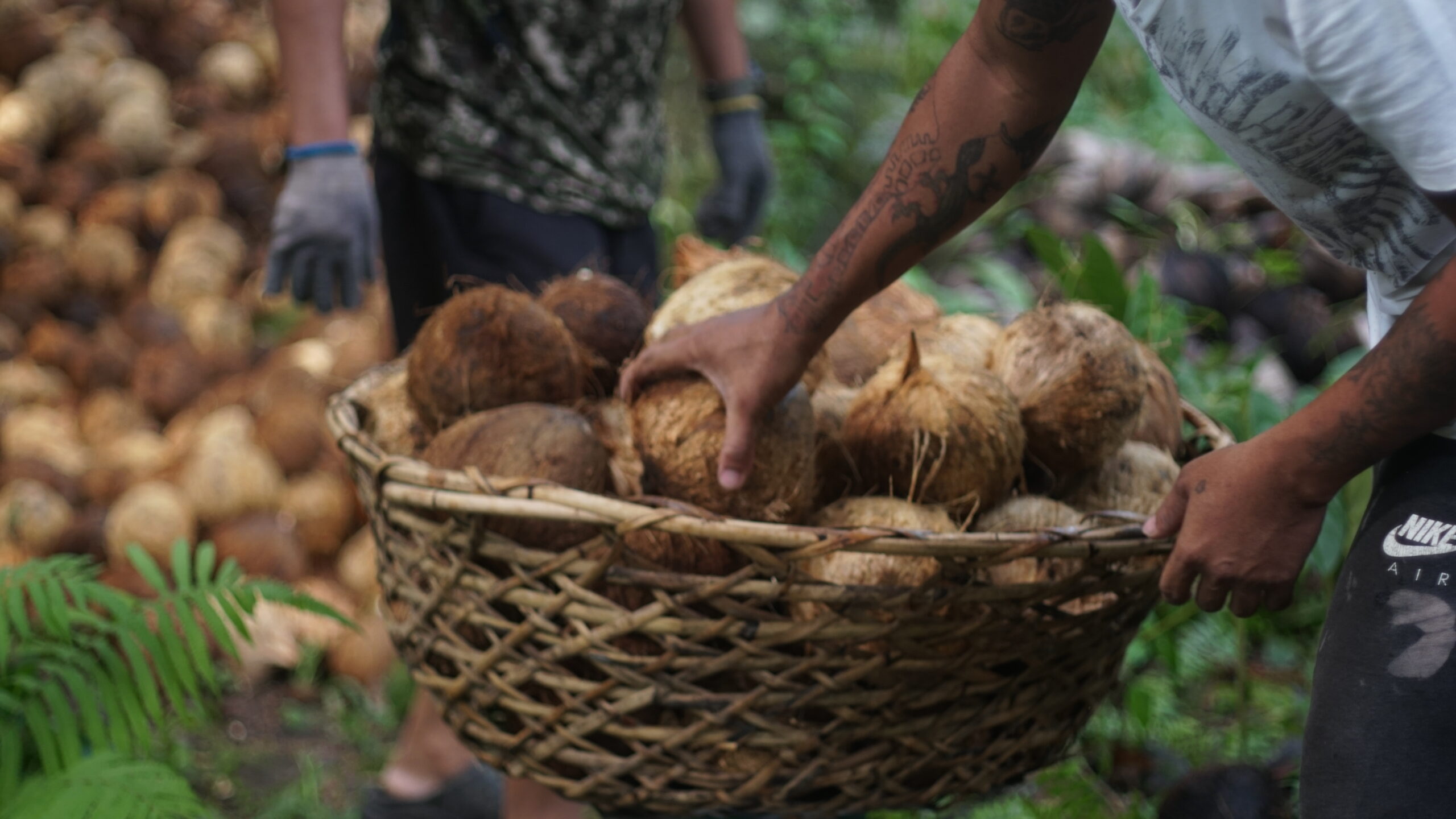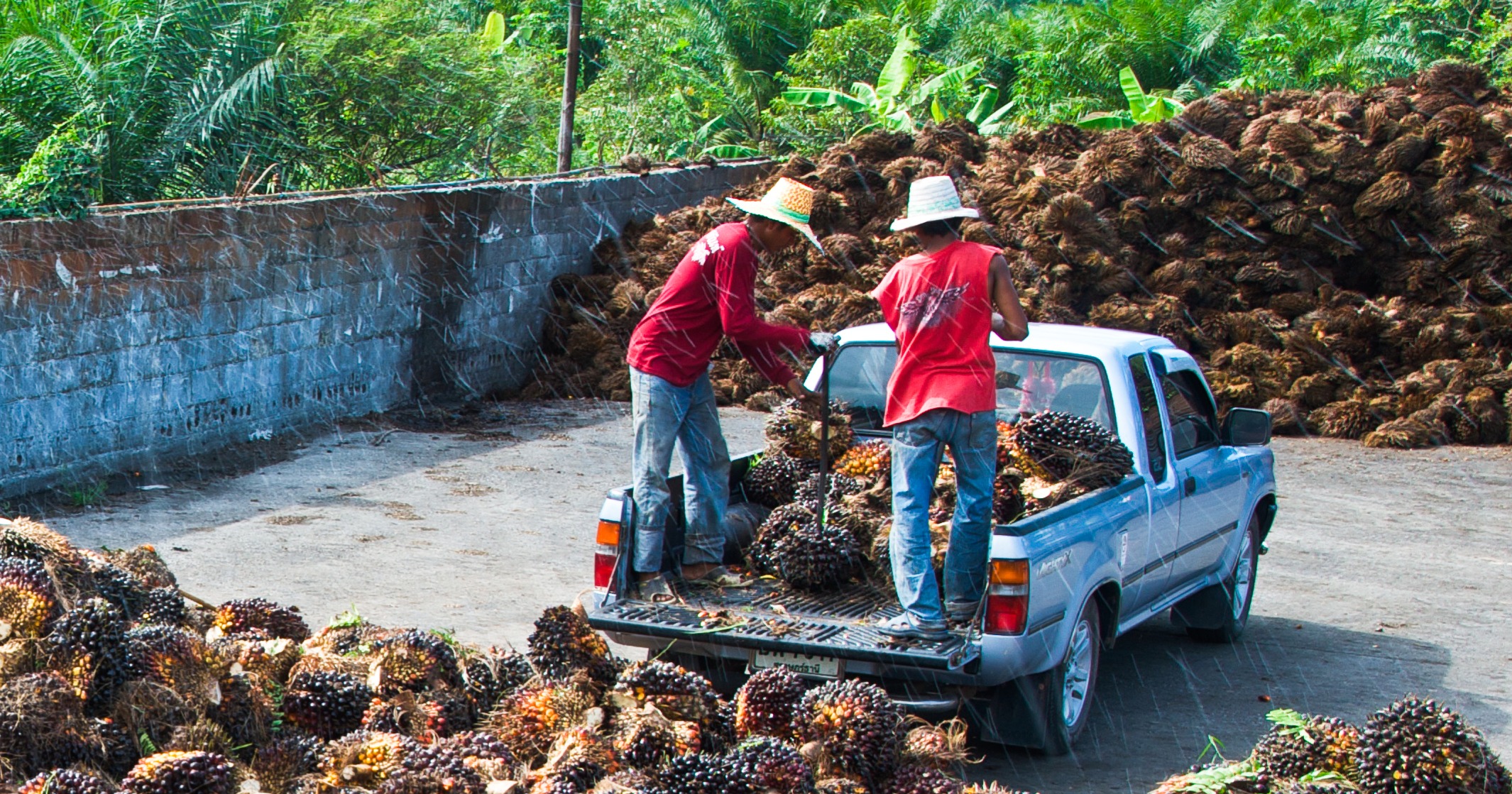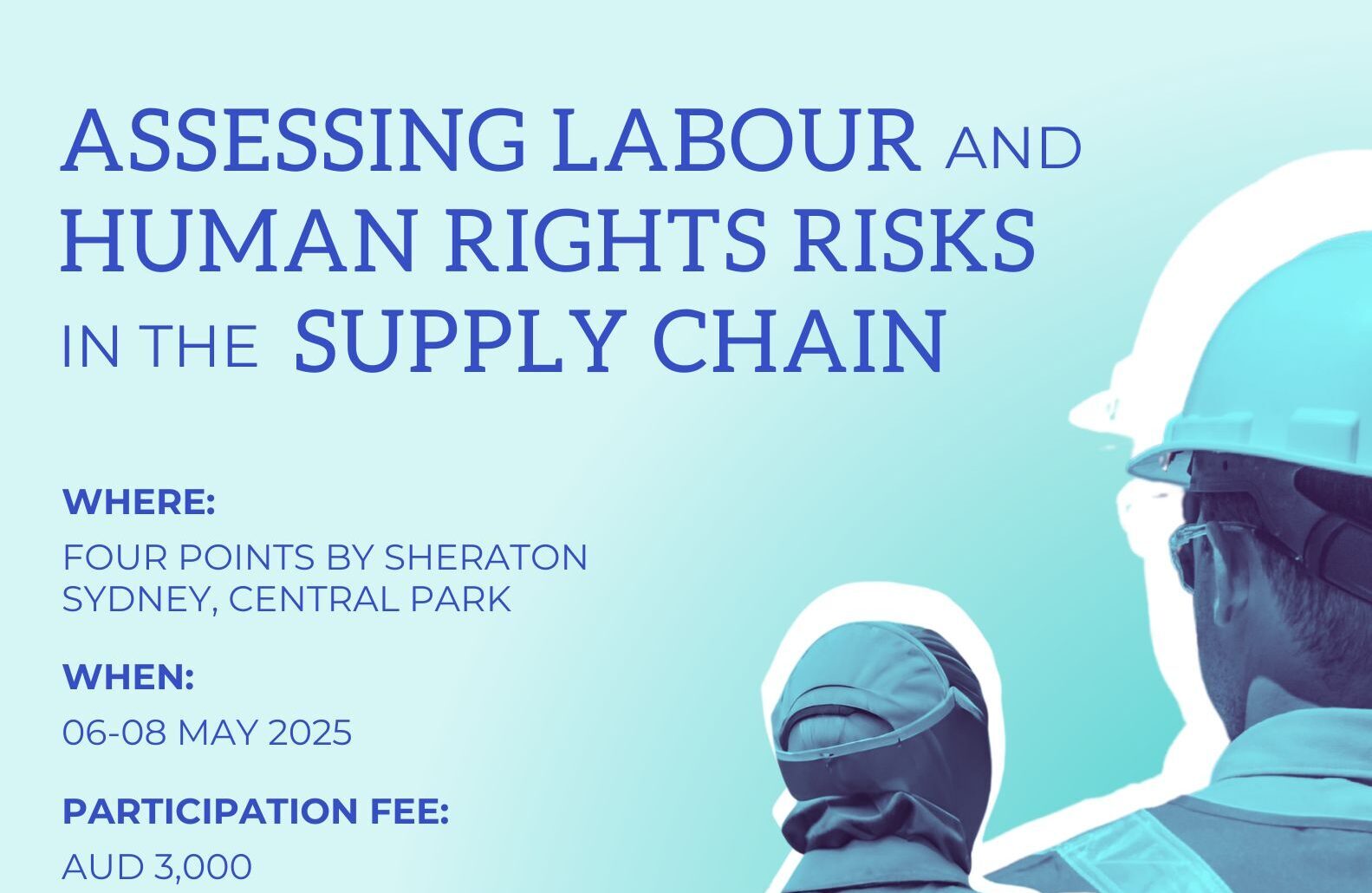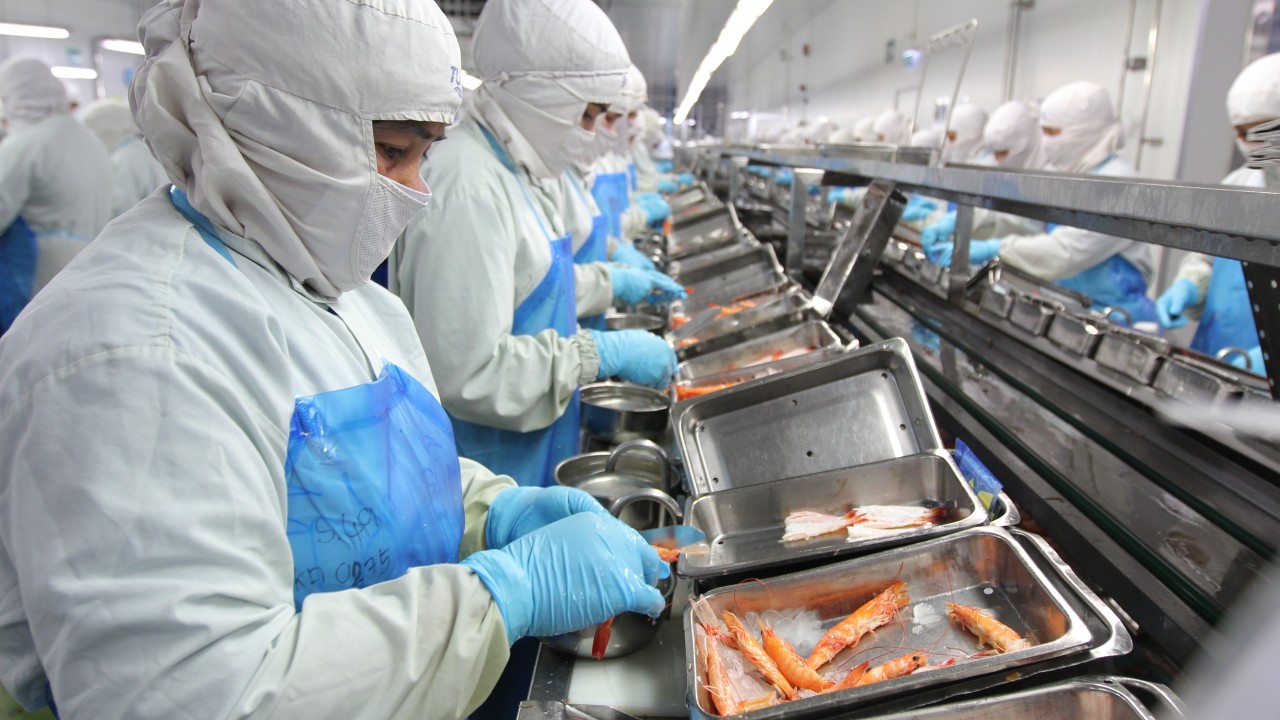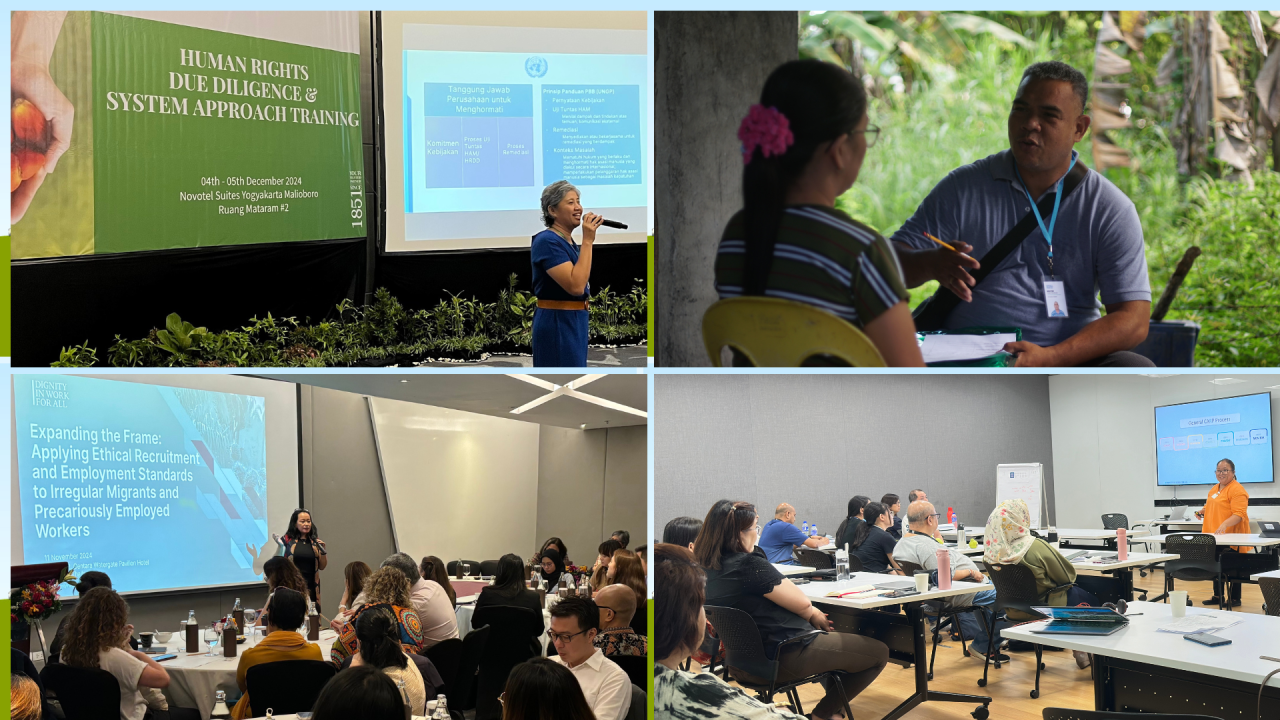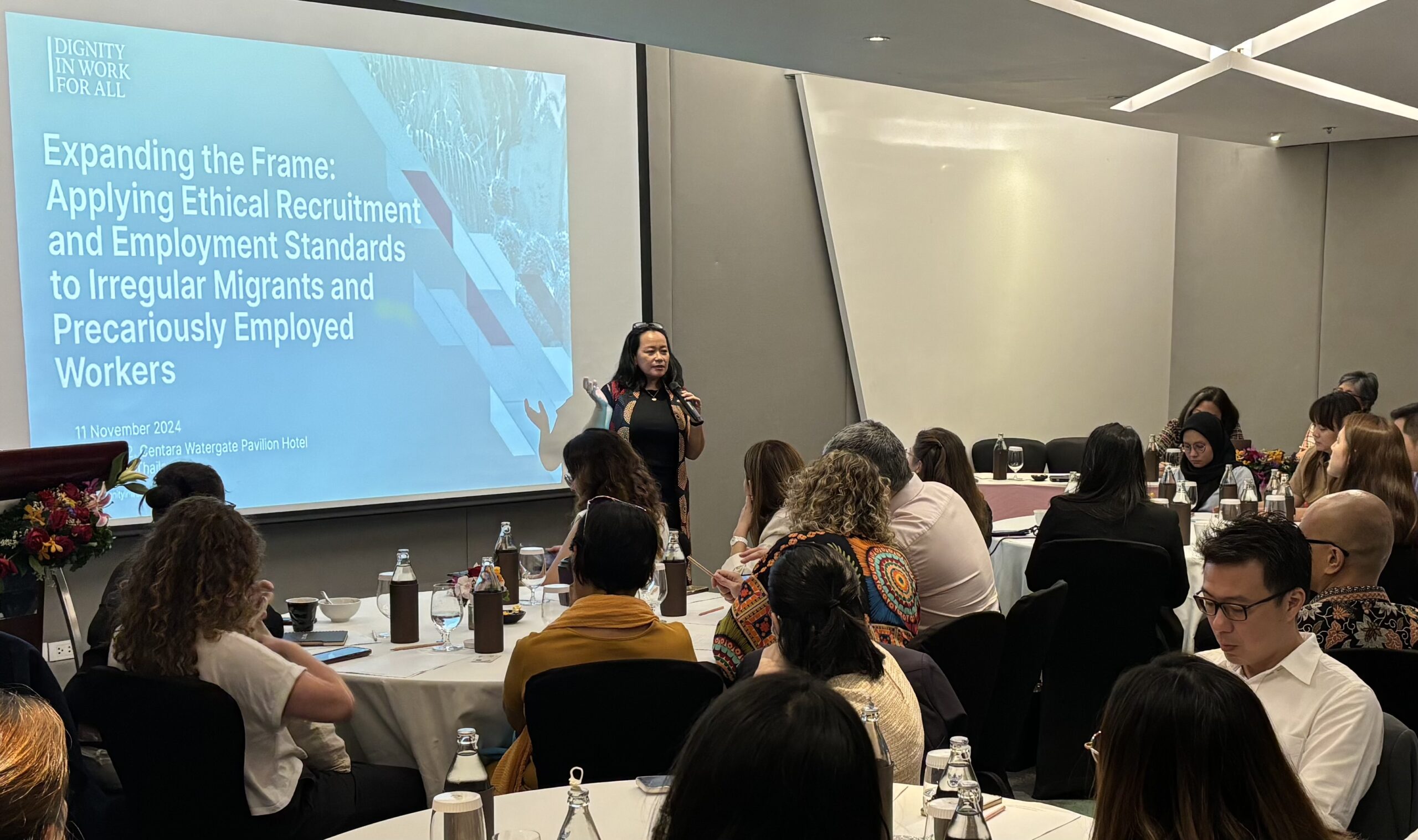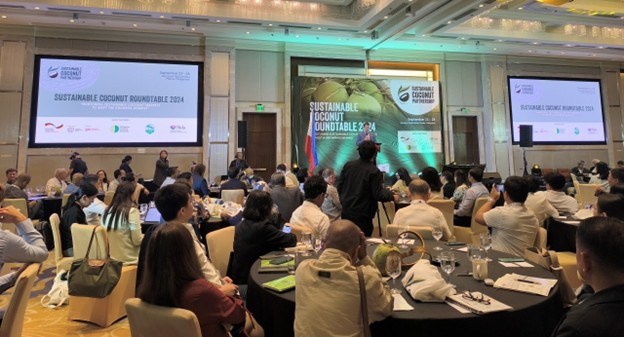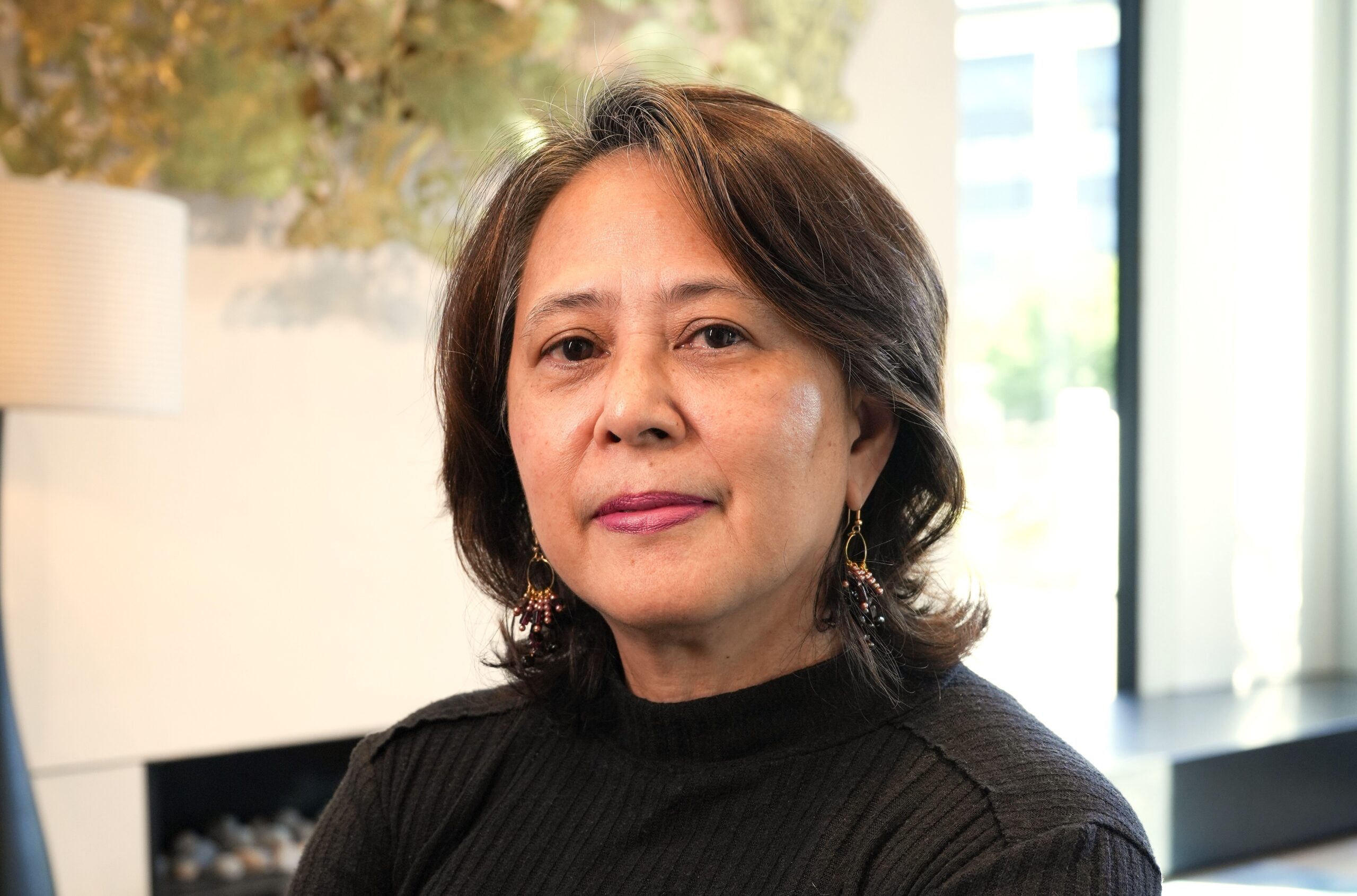Step up collaboration to end child labor
Louisse Borela, DIWA’s project manager for the Fund Against Child Labour (FBK) Consortium Coconut Project, shares a few reflections on the complexity of child labor in agriculture, highlighting the need to step up collaboration to tackle root causes together.

